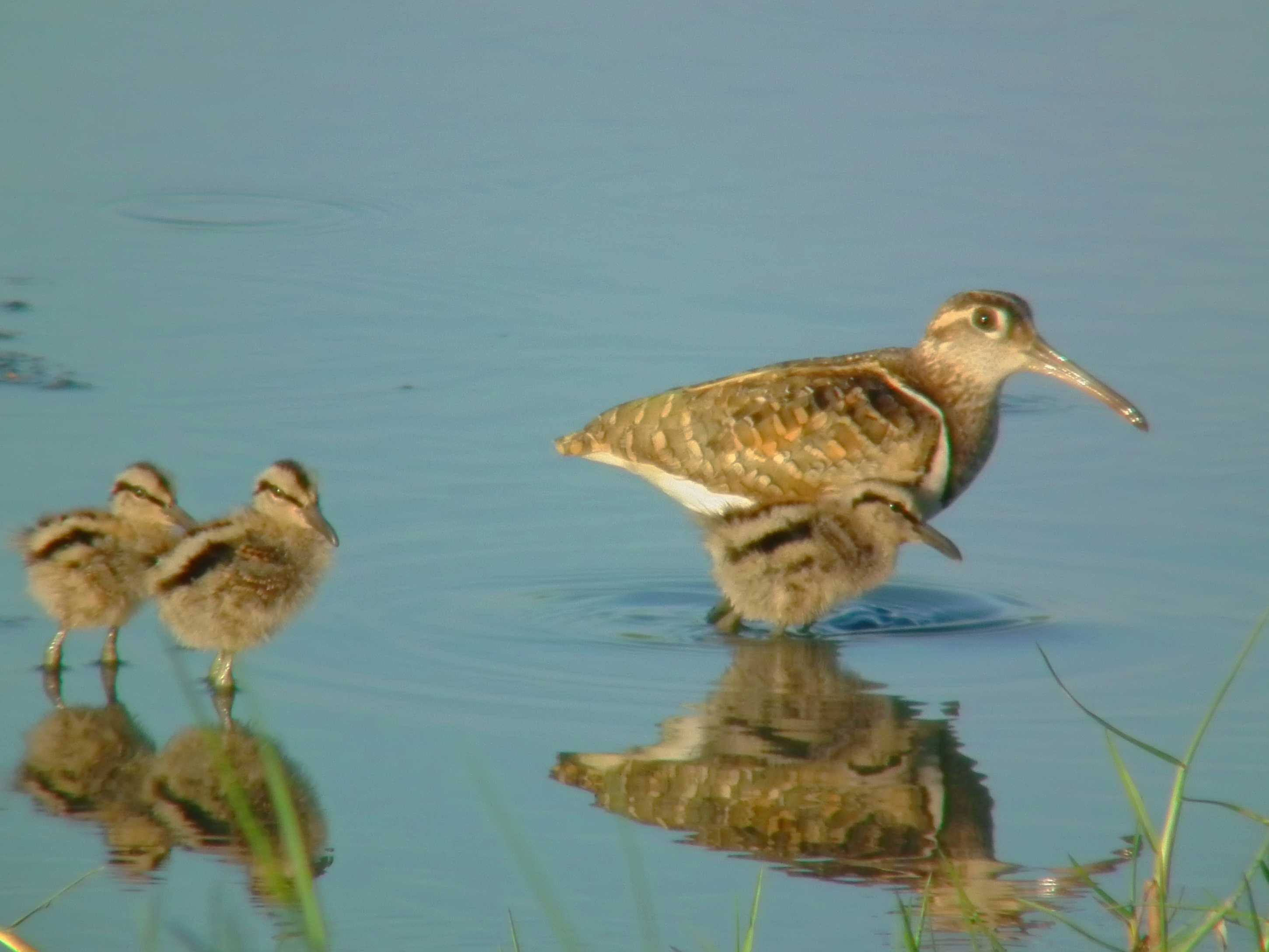This greater painted snipe watching over his chicks features for this week’s Open Thread. Please natter/chatter/vent/rant on anything* you like over this weekend and throughout the week.

“Painted snipe family” by Charles Lam from Hong Kong, China – Dad and Kids. Licensed under CC BY-SA 2.0 via Wikimedia Commons.
Caption: Greater Painted Snipe, Rostratula benghalensis with chicks. Saw at the wet lands. Got videos of their relaxing time, dad’s covering,dad’s protection and their food searching time.
So, what have you been up to? What would you rather be up to? What’s been awesome/awful?
Reading? Watching? Making? Meeting?
What has [insert awesome inspiration/fave fansquee/guilty pleasure/dastardly ne’er-do-well/threat to all civilised life on the planet du jour] been up to?
* Netiquette footnotes:
* There is no off-topic on the Weekly Open Thread, but consider whether your comment would be on-topic on any recent thread and thus better belongs there.
* If your comment touches on topics known to generally result in thread-jacking, you will be expected to take the discussion to #spillover instead of overshadowing the social/circuit-breaking aspects of this thread.